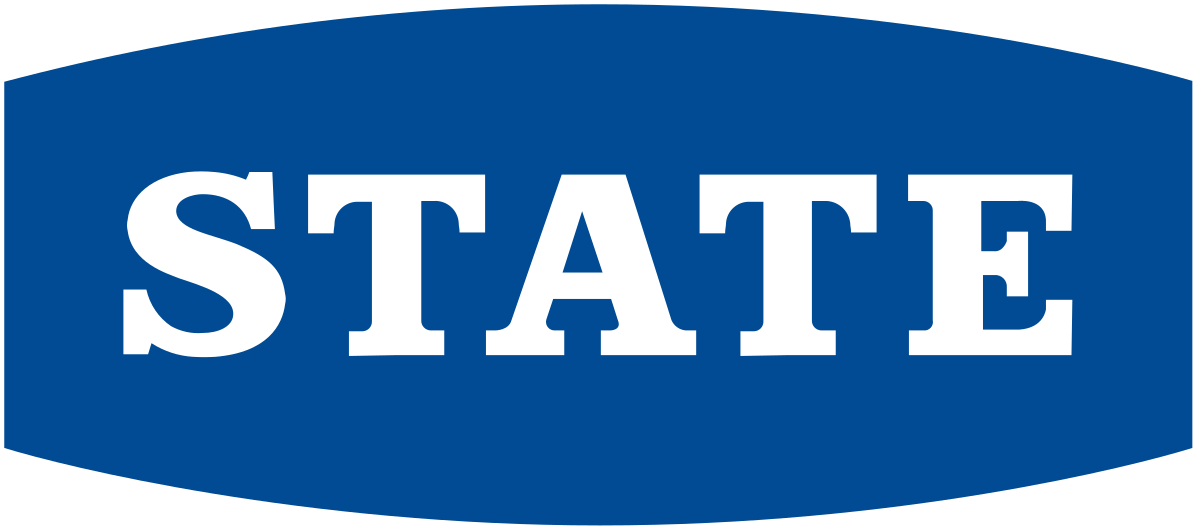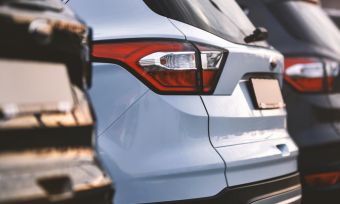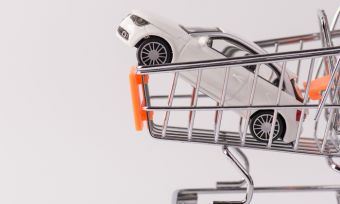What is a car registration?
When a car first comes into the country, it has to be registered in the Motor Vehicle Register. As part of this, a legal owner is identified, a one-time fee is charged, there are safety and identification inspections, and number plates are issued. Once completed, the vehicle is issued a certificate of registration.
However, if you’re planning on buying or selling a car, you’ll need to transfer the registration from the previous owner to the new owner.
Your vehicle licence is often referred to as your rego, but it’s not the same thing as registration.
You can read more about the differences between car regos and registrations here.
Why do I need to transfer my registration?
When you buy a vehicle, you need to be recorded as the registered person responsible for its use on the Motor Vehicle Register. For example, the person to send speeding tickets to!
For this to happen, you need to transfer your registration. As the registered person, you’re responsible for making sure the vehicle is licensed at all times while it is on the road, or has an exemption from licensing if it’s not going to be used on the road for at least three months in a row, known as putting a rego on hold.
What happens if I don’t transfer a car registration?
If you sell a car but don’t transfer the registration to the new owner, then you could end up getting someone else’s fines and infringements if they park illegally or don’t follow road rules.
It’s your responsibility to ensure you are the registered driver once you buy a new car. If the car is still registered under a previous owner’s name, you may incur fines or infringements and have difficulty selling the car in the future.
How do I transfer a car registration?
If you’ve purchased a new vehicle
If you’ve bought a vehicle you must register it online or by going to an agent and completing the Change of registered person – buyer (MR13B) form.
You can register your vehicle in-person at:
- The Automobile Association (AA)
- Vehicle Inspection New Zealand (VINZ)
- Vehicle Testing New Zealand (VTNZ)
- Other registration agents displaying the NZ Transport Agency logo
To register your vehicle you’ll need:
- Your New Zealand driver licence (if you don’t have a NZ driver licence you’ll need to go register your vehicle in-person at one of the above agents)
- The vehicle’s plate number
- A debit/credit card to pay the registration fee
Compare car loans with Canstar
If you are looking at getting yourself a new set of wheels but don’t have all the cash needed, you’re not alone: 80% of car buyers purchase their cars on finance. Shopping around for a new car is no doubt more thrilling than picking a personal loan. But there can be some serious savings available, just by comparing the personal loan market. And that’s where Canstar can help!
The table below displays some of the unsecured personal loan products available on Canstar’s database for a three-year loan of $10,000 in Auckland (some may have links to lenders’ websites). The products are sorted by Star Rating (highest to lowest) followed by company name (alphabetical). Use Canstar’s personal loan comparison selector to view a wider range of products on Canstar’s database. Canstar may earn a fee for referrals.
Compare car loans with Canstar
If you’ve sold your vehicle
If you’ve recently sold your vehicle you’ll need to let the NZTA know ASAP. You can do this online or by calling 0800 108 809.
If there are any licensing fees owing, an invoice will be sent to the registered person.
It’s a good idea to ask the buyer to put the vehicle into their name before you hand over the keys. You could ask them to show you their receipt from the agent or their online confirmation, or you can check online.
To transfer your vehicle’s registration you’ll need:
- NZ licence
- The vehicle’s plate number
- The full name and address of the person or organisation you sold or gave the vehicle to
Before selling your vehicle it’s important to make sure you have paid any outstanding licence fees and any road user charges (RUC) are up to date. If the vehicle’s RUC is overdue at the time of sale, you as the seller are committing an offence under the Road User Charges Act 2012. The buyer may become responsible for the outstanding fees.
About the author of this page
This report was written by Canstar Content Producer, Caitlin Bingham. Caitlin is an experienced writer whose passion for creativity led her to study communication and journalism. She began her career freelancing as a content writer, before joining the Canstar team.
Enjoy reading this article?
You can like us on Facebook and get social, or sign up to receive more news like this straight to your inbox.
By subscribing you agree to the Canstar Privacy Policy









Share this article